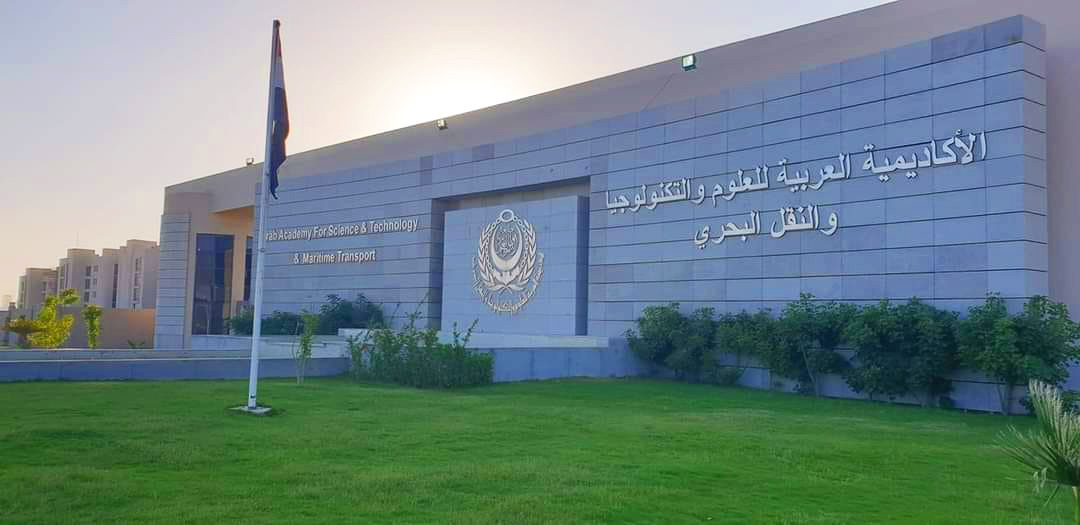
Each individual student is responsible for his/her behavior and is expected to maintain standards of academic honesty and personal integrity. Students must ensure safety, health, fairness, and the proper use of available resources in their undertakings. Students share the responsibility, with college for creating an environment that supports academic honesty and principles of professionalism.
Proper relationship between college and student are fundamental to the college''s function, and this must be built on mutual respect and understanding together with shared dedication to the education process. The college strongly believes that each student is worthy of trust and that each student has the right to live in an academic environment that is free of injustice caused by dishonesty.
While students have an obligation to assist their fellow students in meeting the common goals of their education, students have an equal obligation to maintain the highest standards of personal integrity.
Students’ Responsibilities During Study
AASTMT students shall adhere to the following basic regulations:
Disciplinary and Academic Penalties
In case a student commits an offense, the disciplinary penalties are as follows:
First: Violations of exam regulations and academic integrity:
These range from dismissal from the examination hall to final expulsion from the Academy. This is decided through presenting the case to the college council as follows:
| Student Offense | Offense Description | Suggested Penalty | |
|---|---|---|---|
| 1 | Disobeying examination instructions | Disrupting the discipline or quietness of the exam hall. For example:
| After the invigilator gives oral warning when the offense is committed for the first time only, the student is dismissed from the exam and allocated “zero” for the given exam. |
| 2 | Refusing to carry out instructions | Repetition of any of the offenses mentioned in item number (1) in any other subject during the exam period. | The student is dismissed from the examination hall and the grade allocated to the subject is “F”. |
| 3 | Cheating | Using any cheating methods. For example:
| The student fails the subject in question. In addition, the grades allocated to the two subsequent subjects (or the two previous ones in case the subject is the last one in the student’s exam schedule) should be “W”. |
| 4 | Offending the invigilator or the exam supervision authority verbally or physically | Offending the invigilator or the exams supervision authority whether verbally or physically. | The student fails all courses registered for the semester during which the offense occurs (grades allocated to all subjects should be “F”). In addition, the student’s registration for the following semester is suspended. The case is then forwarded to the Student Affairs Committee to determine whether the student is to continue his/her studies at the Academy or not. |
| 5 | Impersonation of another student to sit for the exam instead of him/her | Impersonation of another student to sit for the exam instead of him/her. | Final expulsion from the Academy |
Final Expulsion from the Academy
The procedures of final expulsion from the Academy, after the approval of the Academy President, should be carried out in the following cases:
Appeal for Penalty Alleviation or Expulsion
The student has the right to submit an appeal to the Academy President to complain against a given disciplinary or academic penalty. The Academy President has the right to form a committee to investigate the appeal and before submitting its report to the Academy President to approve it and take the necessary procedures that preserve the rights of the Academy and the student.